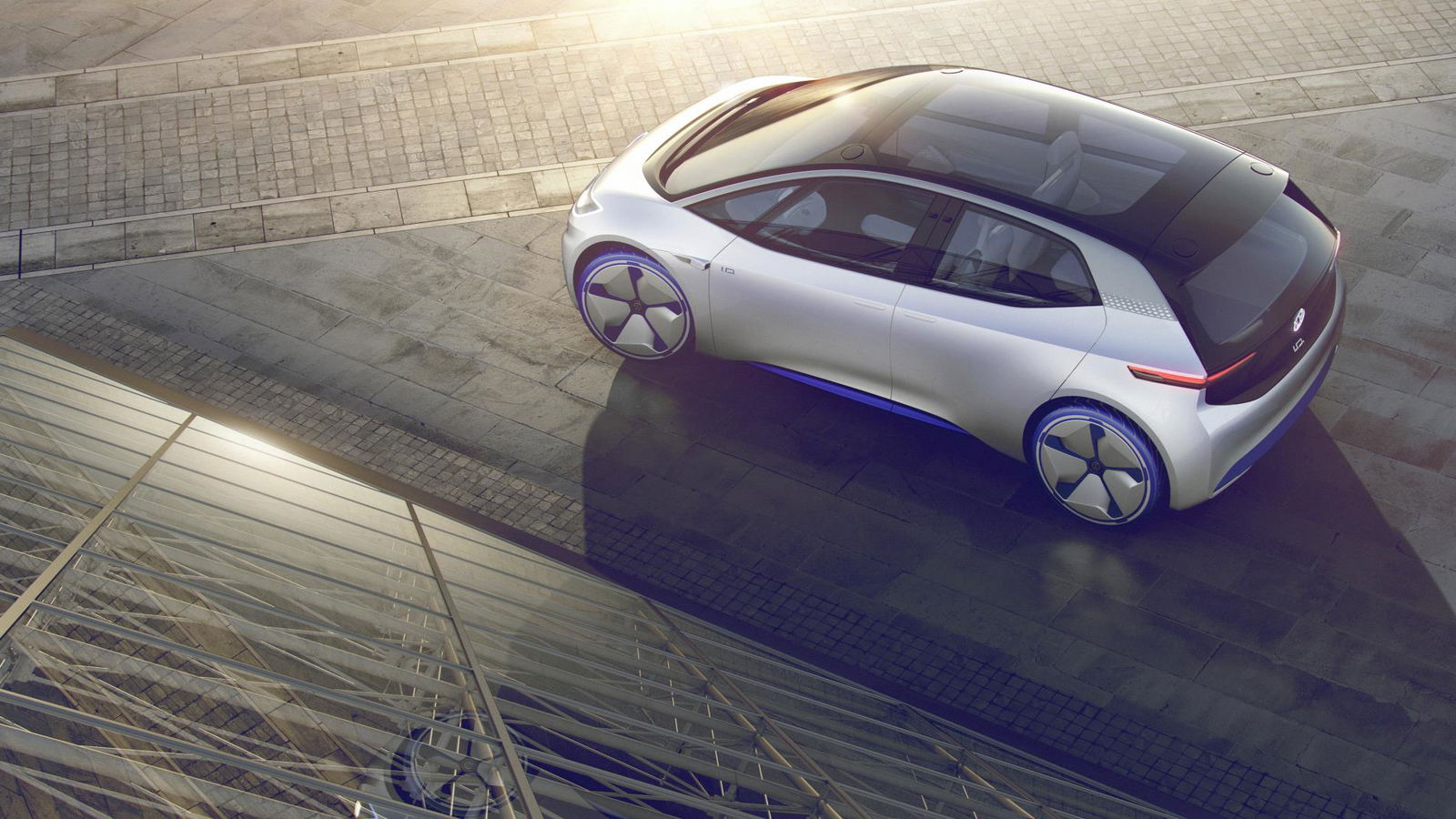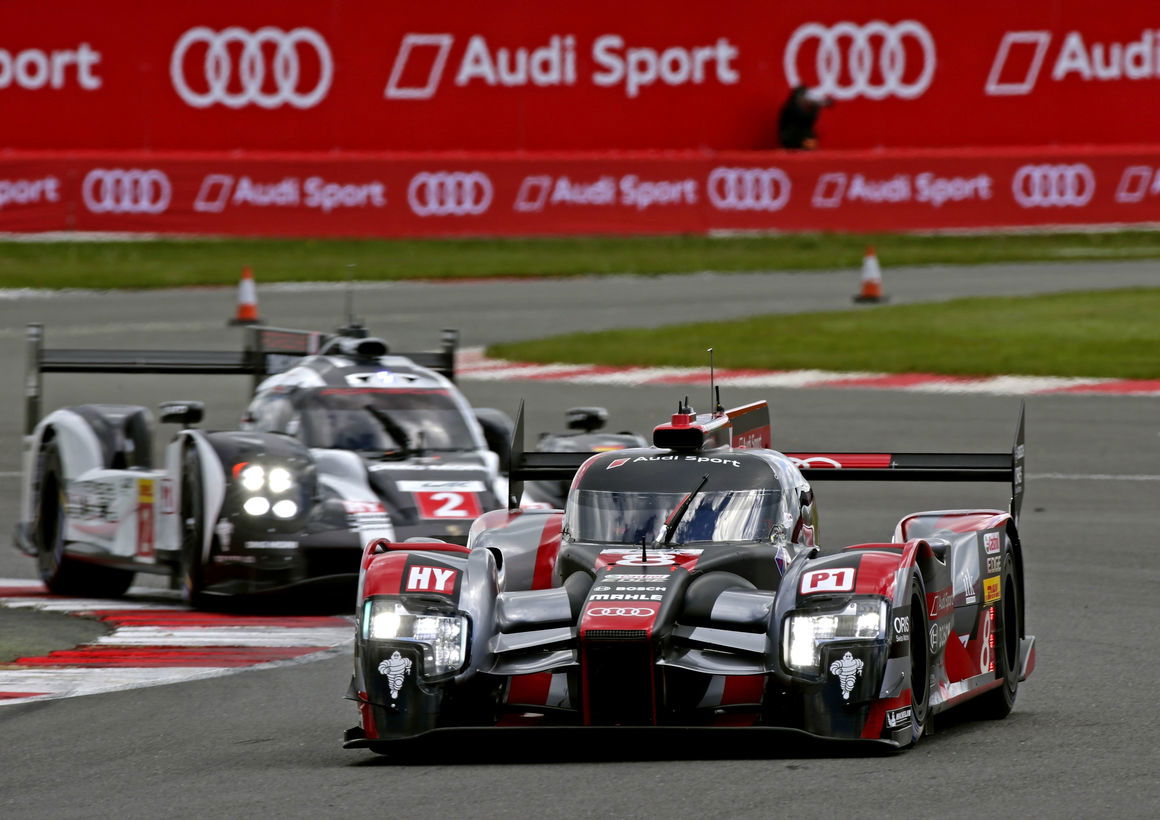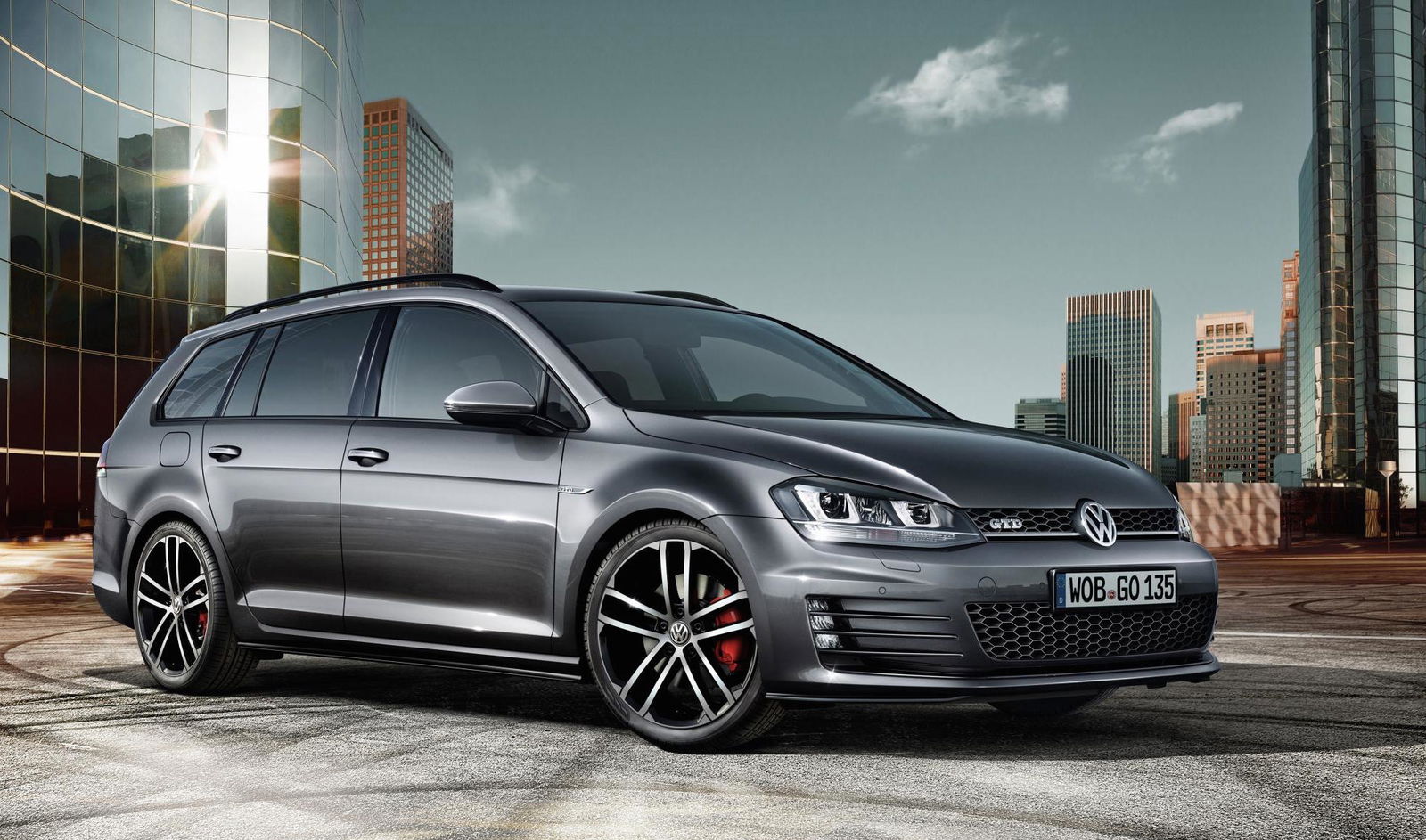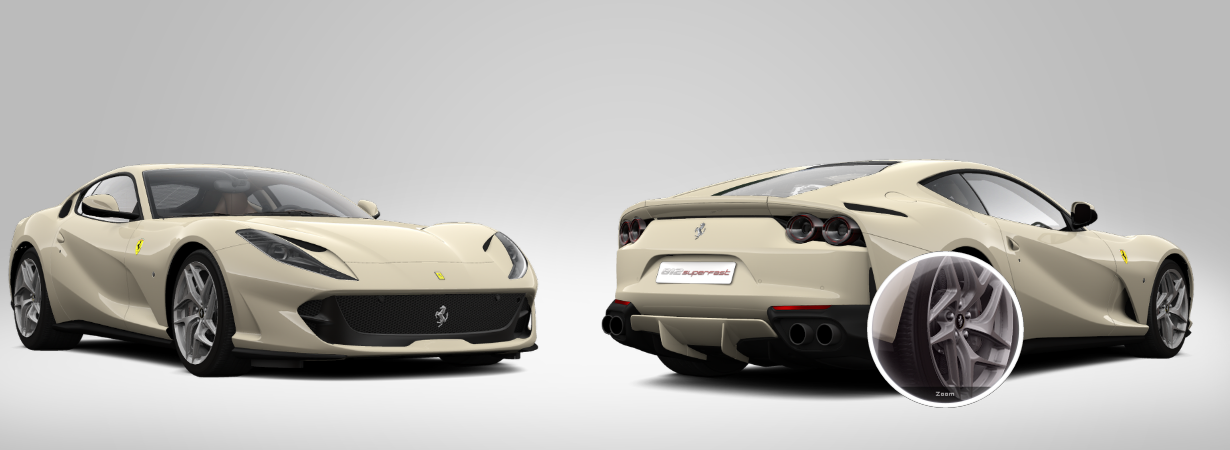Diesels Are A Public Health Issue But We Need To Slow Down The Switch To Electric

Diesels are up against it. Europe’s largest car-making group is already turning against them, with the most of the Volkswagen Group portfolio already making noises about ditching the fuel altogether and switching to electric power as soon as humanly possible. Blame dieselgate, or even blame your neighbour’s dog, if you like. It doesn’t matter.
We’re going to be without diesels soon, and without their benefits, but I’m not sure it’s fair to be bashing diesels the way it looks like the authorities are about to. Sure, we at CT generally prefer petrol anyway, but it still doesn’t seem right to simply sweep the rug out from under people’s feet.
There’s a growing swell in the industry; a sense of urgency directed straight at diesels, or rather at their demise. The legislators are making sudden moves, the manufacturers are bringing forward their production timescales for fully-electric cars, and Audi even cancelled its diesel-fuelled Le Mans racing programme.

But no thought has thus far been given to the diesel-driving consumer; the humble punter who quite likes his or her longer fuel tank range, higher miles-per-gallon return and lower (on the old system, anyway) road tax payments. What about the guy on the street whose diesel hatchback’s market value is apparently going to hit the rocks hard?
This focus on stick could use a bit of carrot to go with it. A diesel scrappage scheme has been mooted. The Express seems to think it’s likely, but the Express has also been predicting the end of the world as we know it for the last few decades, from ‘snow bombs’, extremist invasions and 50-degree heatwaves that will turn everything to ash. So let’s not get too carried away with the newspaper’s talk of £8500 incentives.
But, if there’s a grain of truth, it’s a positive step. The danger as things stand is that millions of people will be left out of pocket. Given how well the 2009 scrappage scheme worked, shifting 392,227 old bangers off the streets, it’s a sure-fire way to get people out of diesels.
The truth is that the public needs an incentive. We rightly feel a bit miffed. After all, we’ve been coaxed into buying diesels for the last decade and a half, because of their lower carbon dioxide output and lower road tax payments, only to be told today that diesels are actually the Devil’s children and their drivers should all be shot. Sound fair? No, it doesn’t.
The EU parliament has to take a large share of the responsibility for not really thinking the problem through in the first place, when they decided that CO2 was the big deal we should all worry about. Now the public is facing another problem not of its own design, in that the technologies we’re expected to move to simply aren’t ready yet. The wider public isn’t ready to accept the limitations of scraping 100 miles of range from each multi-hour charge. The infrastructure isn’t there yet in the UK or the US, and anecdotal evidence suggests the charging points aren’t as reliable as they need to be.

The manufacturers and the legislators want cities to be diesel-free by as soon as 2025. I’m not sure how practical that really is. More time is needed to let the changes filter through, and to let battery technology develop to where we need it to be. Newer, better lithium-ion battery tech is being pioneered, with Volkswagen’s I.D. concept said to be capable of 250 miles even on a bad day, but have we really got the time to bring it to production, test it in the real world, iron out all the bugs and install hundreds of thousands of charging points, all in eight years? I can’t see it.
The electric advance is being rushed forwards in the wake of dieselgate, and when projects this complex are rushed, important factors get overlooked or pushed to the back burner. We’re going to be asked to accept electric technology, and the end of diesel, before either we, or the technology itself, is really ready. And my gut says that it’s not a good idea.

Comments
Without diesel engines, how would we achieve such high torque figures in our cars? Checkmate environmentalists
I hope they will do it. It is the right way to go
As much as I hate to say that, a Diesel scrappage premium would make sense. Similar attempts were done in 2009 in Europe and were quite successful. People had to option to have their old dirty car wrecked and receive a premium of between 1000 and 2500€ (which is more what the scrapped car would be worth) depending on the country when buying a “green” car instead. Now instead of old, dirty and loud B3 Passats and Mk.I Mondeos, you see Polos and Fiestas on the road.
I listened recently to an interview with Gale Banks (Google him if you haven’t heard of him - he’s an incredible engineer) and he was talking about what you can do with diesel and how clean it could be with development.
Unfortunately, as I’ve noted before, legislators have a job to do. And that’s legislate, but to do their job they have to be elected. To be elected, they need votes. For people to vote they need to be known. To be known they have to be seen in the press. To be seen in the press they have to do popular things. To do popular things, they have to jump on the zeitgeist. To jump on the zeitgeist they have to make laws about it.
They don’t have to have any knowledge on the subject, base their laws on fact or specialist knowledge and they don’t have to be held accountable for legislation that doesn’t have any effect.
Thus the circle continues.
They think about reducing emissions when the production of lithium ion batteries for an electric car is much more harmful than a diesel vehicle can be during its operation life
I Want Diesels To Thrive!! I Want To Drive Coal Rollers!!
I love diesels, come at me haters
600 to 800 miles from a tank of diesel, 200 max from a ‘tank’ of electricity
Electric vehicles make no sense if powered (charged) with fossil/coal powerplants. First change the infrastructure, make electric energy from cleaner, sustainable sources, and then you can think about electric vehicles.
What about Euro 6 Diesel engines??? They produce so little emissions that you can breathe straight from the exhaust but no one is talking about them?
Pagination